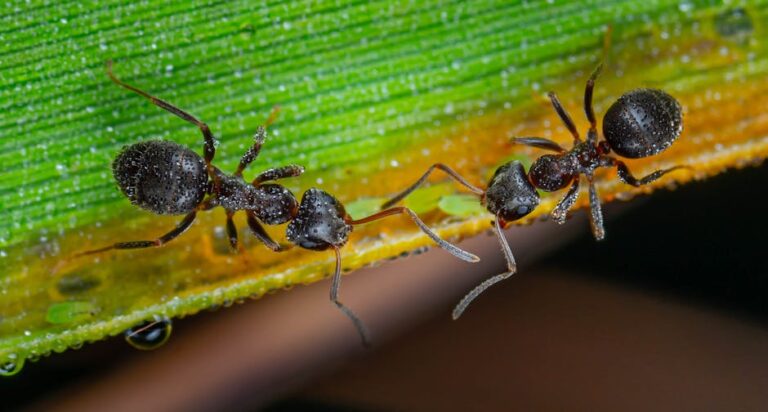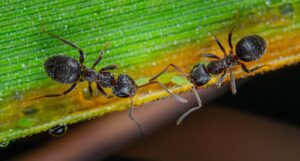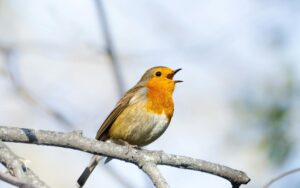Ants learn from experience and hold grudges against aggressive competitors, a new study has shown.
Research by a team of evolutionary biologists from the University of Freiburg in Germany, led by Dr Volker Nehring and doctoral student Mélanie Bey, found that ants remembered negative experiences and behaved more aggressively towards ants they had previously experienced as aggressive.
But ants from the test nest were less aggressive towards those from different nests from which they had only experienced passive behaviour, according to the study published in Current Biology.

“We often have the idea that insects function like pre-programmed robots. Our study provides new evidence that, on the contrary, ants also learn from their experiences and can hold a grudge.” Dr Nehring said last week.
Ants use odours to distinguish between different nests, as each one has a specific scent, and Dr Nehring’s team found that ants remember the smell of nests contained ants which had attacked them in the past.
Previous studies found ants behave particularly aggressively towards their nearest neighbours, and are more likely to bite, spray acid and kill competitors from nearby nests than from more remote ones.
The new study used an experiment with two phases to shows that this is due to ants remembering the scent of attackers, causing them to behave more aggressively when confronted with nests they have encountered before.
“In the first phase, ants gained various experiences: one group encountered ants from their own nest, the second group encountered aggressive ants from a rival nest A, and the third group encountered aggressive ants from rival nest B. A total of five encounters took place on consecutive days, with each encounter lasting one minute,” the University of Freiburg said.
“In the subsequent test phase, the researchers examined how the ants from the different groups behaved when they encountered competitors from nest A. The ants that had already been confronted with conspecifics from this nest in the first phase behaved significantly more aggressively than those from the other two groups.
“To test the extent to which the higher aggression arises from the behaviour of ants from a particular nest, the scientists repeated the experiment in a slightly modified form. In the first phase, they now distinguished between encounters with aggressive and passive ants. They ensured that an ant behaved passively by cutting off its antennae. In phase two of the experiment, the ants that had previously only encountered passive competitors behaved significantly less aggressively.”
The research team will next study whether and to what extent ants adapt their olfactory receptors to their experiences.






















